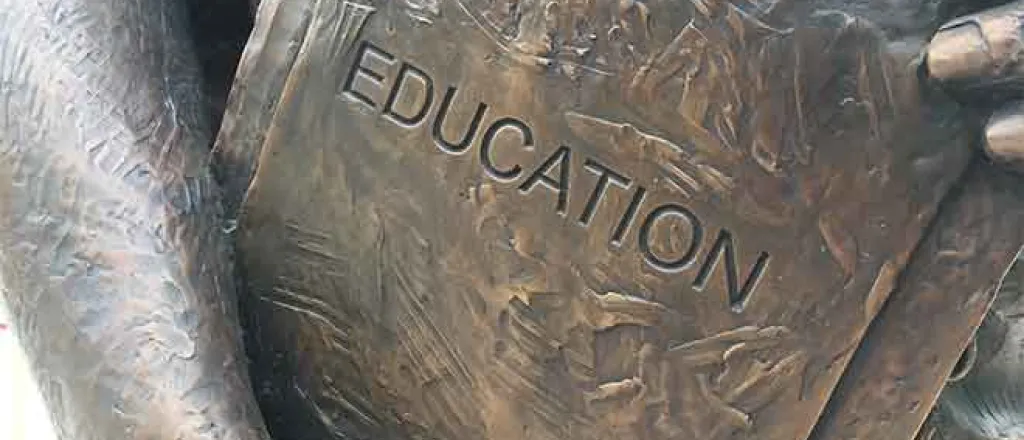
South Dakota's new social standards adopted over objections
(The Center Square) - The South Dakota Board of Education Standards approved new social studies standards this week despite a large swath of opposition from parents and teachers.
Schools will begin implementing the standards in June over a two-year process, according to a news release from Governor Kristi Noem.
Some said the standards were not appropriate for each grade level.
"They only expect students to memorize facts, and not use their critical thinking skills," said Sadie Bossert, a teacher and parent. "What resources/curriculum tools will you be providing for teachers? Do you really have an age-appropriate children’s book about the Persian Wars that can be read to a first grader?'
The South Dakota Education Association said the adoption of the standards is very troubling.
"Instead of working with the people who will be responsible for implementing these standards, the board decided to completely ignore them," SDEA President Loren Paul said in a statement. "It is abundantly clear that this board does not value or respect the work teachers do every day in their classrooms. There will be many challenges to implementing these standards including the lack of available curriculum and the steep price tag for school districts."
Education Secretary Joseph Graves praised the board's decision.
“Growing majorities of Americans lack fundamental understanding of the nation’s governmental structure and history,” Graves said in a statement. “Passage of these standards is an important step in equipping South Dakota students with the solid grounding in history and civics they need to exercise their role as citizens."
The SDEA will ask the Legislature for more clarity on the standards, Paul said.
"The majority of the board’s current members are not certified to teach or be an administrator in an accredited school in South Dakota," Paul said. "That is a problem. Parents and educators must have confidence that the individuals serving on this board have a real-time understanding of how the decisions the board makes will impact teachers and students every day in the classroom."
















